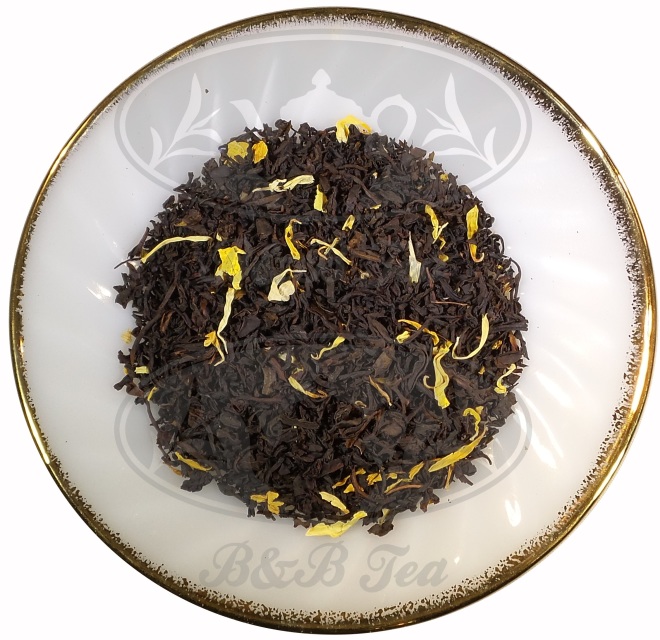- Flavored
- >
- Campfire Maple
Campfire Maple
SKU:
$1.25
1.25
29.25
$1.25 - $29.25
Unavailable
per item
Description
Sweet maple notes offset by tones of smoke that round out the cup and fill the mouth with thick sweet flavor.
Tell Me MoreDelicious sweet opening with toasty notes. A lightly astringent finish. In old Quebec, the Cabane à Sucre, or "Sugar Shack" was the focal point of family farms up and down the St. Lawrence River and beyond. Introduced to the region by settlers from Normandy in the 1600s, a sugar shack housed all the equipment necessary for the production of maple syrup. The method by which this sweet confection is made is fundamentally quite simple. Sap from maple trees is collected and boiled down to evaporate moisture and leave behind thick sweet syrup. Amazingly, it can take up to 40 litres or 10.5 gallons, of sap to produce 1 liter or 1/4 gallon of syrup. It goes without saying, that in order to boil down that much sap, fire is required, a lot of it. Subsequently, one of the most common aromas was wood smoke. While syrup producers these days have replaced the traditional wood fire with electric pans, we've developed Campfire Maple with a desire to produce a Maple throwback celebrating the much smokier days of old. In the cup, this one offers sweet maple notes offset by delicate tones of smoke that round out the cup and fill the mouth with thick sweet flavor. Brew a pot today and raise a toast to the hearty settlers who left behind such a sweet, sweet legacy.
|
Brewing for Best ResultsIdeal Brewing Temperature: 209°F/98°C.
Minimum Brewing Temperature: 190°F/89°C. Bring filtered or freshly drawn cold water to 209°F/ 98°C. Place 1 slightly heaping teaspoon of loose tea per 8 oz of fluid water. Steep 3-5 minutes according to taste (the longer the steeping time, the stronger the tea). Pairs Well With: Milk \ Sweetner |
origin
Tea(s) From: Sri Lanka Region(s): Nuwara Eliya, Dimbula, Uva 98% Ethical Tea Partnership ingredients
Luxury Ingredients: Black tea, lapsang tea, Calendula, Sunflower petals, Natural flavors (Organic Compliant), Real maple syrup iced tea instructions
Per Serving: Bring filtered or freshly drawn cold water to 209°F/ 98°C. With and infuser, use 1 slightly heaping teaspoon of loose tea per 6-7 oz of fluid water. Steep 5 minutes. Add filtered hot tea to 16 oz glass filled with ice. (Some luxury teas will turn cloudy when poured over ice). Per Pitcher: Makes 1 Quart. Bring filtered or freshly drawn cold water to 209°F/ 98°C. Place 6 slightly heaping teaspoon of loose tea in a heat resistant container. Pour 1 ¼ cup of prepared water over the tea leaves. Steep 5 minutes. With a fine mesh sieve, filter the hot tea liquor to the serving pitcher filled with ice. Add cold filtered water to top off. (Some luxury teas will turn cloudy when poured over ice). brewing tips
Making an amazing cup of tea requires several things. High quality tea, filtered or freshly drawn cold water, correct water temperature, time of infusion, and filters/infusers. Unfiltered water or too hot of water can ruin the best of teas. Always use filtered or freshly drawn cold water. Any flavor from water treatments or heavy minerals such as lime or calcium can taint the water. Brew at the ideal temperature. Too hot of water can scorch the leaves and produce a bitter brew. If you find that the tea is still bitter following the recommended brewing temperature, try lowering the brew temperature another 5 to 10 degrees. Use infusers that allow the tea leaves to fully expand and has full contact with the water. Ditch the tea bags. Know the steeping time for your tea. Too long of steeping can make your tea bitter and undesirable. Too short of time will make a weak tea. Don’t make tea in the microwave. food safety
We strongly recommend using filtered or freshly drawn cold water brought to a rolling boil when brewing all types of tea. Today’s water has been known to carry viruses, parasites and bacteria. Boiling the water will kill these elements and reduce the potential incidence of water-borne illness. Cool the water to the ideal brewing temperature before brewing. |

